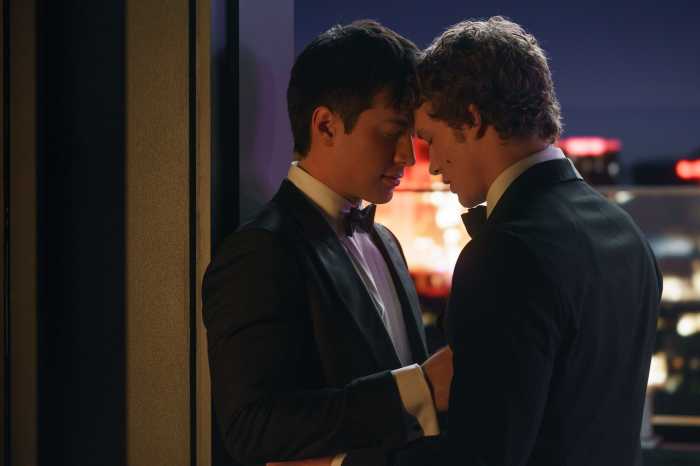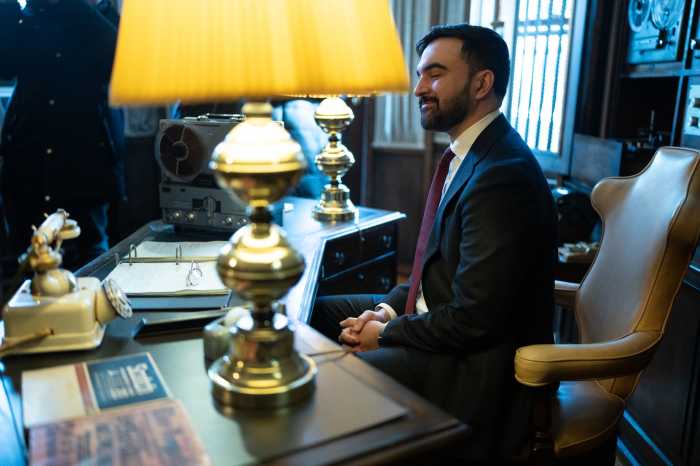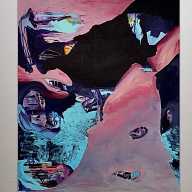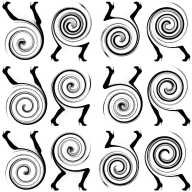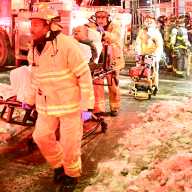Simon Pegg has brought happiness to countless filmgoers, whether in his roles in comedies like “Shaun of the Dead” or in big action spectacles like “Star Trek.”
For his latest film, “Hector and the Search for Happiness,” the 44-year-old British star takes a more dramatic turn as a psychiatrist who leaves his highly-regimented life and his wife (Rosamund Pike) to search for that elusive emotion in far-off locales like Shanghai and Johannesburg.
amNY spoke with Pegg about the film, out Friday.
What makes you happy?
The conclusion I’ve come to in making and talking about this film is happiness isn’t something you achieve or attain. It’s something you just experience along the way. … You can’t be happy all the time. If you’re happy all the time, you’re highly irritating. You’re probably insane.
This is based on a novel. Had you read it before doing the film?
I didn’t read it. The thing that brought me to the role was Peter Chelsom, who was a director whose work I’ve been a fan of for a long time, particularly ‘Hear My Song’ and ‘Funny Bones.’ … I thought the script was intriguing and smart and it would be good for me to do, as someone known for doing comedy, to be able to flex my dramatic chops a little bit.
How is dramatic acting different?
[‘Shaun of the Dead’ director] Edgar Wright [and I] base our comedies on real emotion, to have them underpined by authenticity, even if we’re talking about zombies or killer villages or alien robots. What those films are actually about are not those things. They’re about growing up, or addiction, or whatever. Our films are a lot more serious than people give them credit for. I don’t feel like it’s a huge leap from ‘The World’s End’ to ‘Hector and the Search For Happiness.’ The scenes in ‘Hector’ are slightly more naked in terms of how dramatic they are.
What role are you most recognized for?
‘Shaun of the Dead’ is a surprisingly frequent calling card for me. I’m always amazed at how far that film has reached. I’ve been recognized for it in the most remote places. It’s always a nice vindication of making that film and how that film has traveled.





